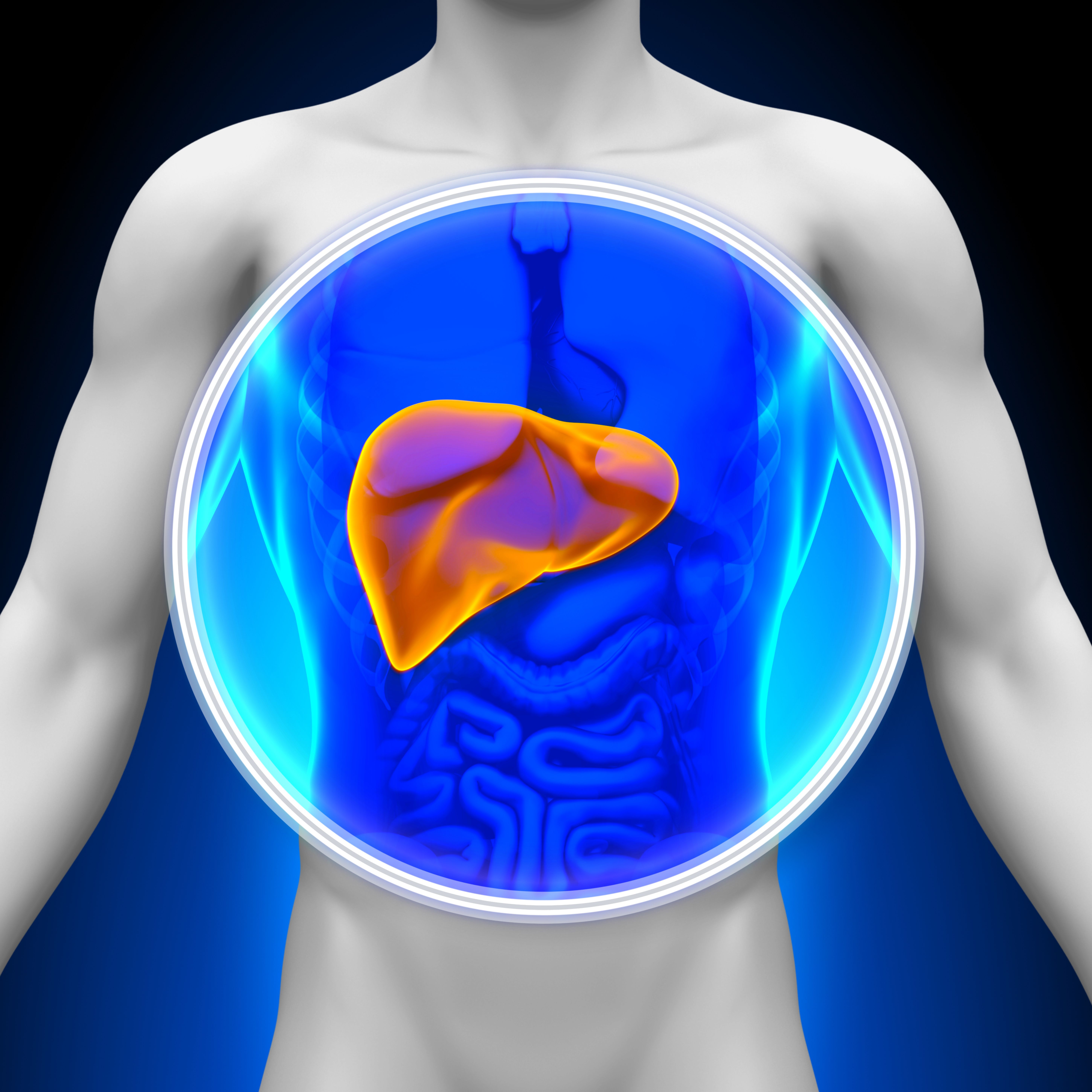
FDA OKs Nivolumab/Ipilimumab in Unresectable/Metastatic HCC

Results from the phase 3 CheckMate 9DW trial of nivolumab/ipilimumab vs lenvatinib or sorafenib led to the approval for patients with unresectable or metastatic HCC.
The FDA has approved nivolumab (Opdivo) plus ipilimumab (Yervoy) for patients with unresectable or metastatic hepatocellular carcinoma, according to a press release from the agency.1
The approval was based on results from the
The overall response rate (ORR) in the nivolumab/ipilimumab arm was 36% (95% CI, 31%-42%), with a partial response (PR) rate of 29% and a complete response (CR) rate of 7%. The ORR in the lenvatinib/sorafenib group was 13% (95% CI, 10%-17%), with a PR rate of 11% and a CR rate of 2%.
The median time to response was 2.2 months (range, 1.1-11.6) vs 3.7 months (range, 0.6-11.2), and the median duration of response (DOR) was 30.4 months (95% CI, 21.2-not estimable [NE]) vs 12.9 months (95% CI, 10.2-31.2) between the nivolumab and comparator arms, respectively.
A total of 668 patients were randomly assigned 1:1 to either the nivolumab plus ipilimumab arm (n = 335) or the lenvatinib or sorafenib arm (n = 333). Patients were given 1 mg/kg of intravenous nivolumab and 3 mg/kg of intravenous ipilimumab every 3 weeks for up to 4 cycles followed by nivolumab at 480 mg every 4 weeks. The comparator arm included investigators’ choice of lenvatinib at 8 mg or 12 mg by mouth daily or sorafenib at 400 mg by mouth twice a day. Overall, 85% of patients were given lenvatinib vs 15% who received sorafenib of the 325 patients in that arm.
The data cutoff was January 31, 2024, with a median follow-up of 35.2 months.
The primary end point was OS, and secondary end points were ORR and DOR per RECIST v1.1 criteria.
In the nivolumab/ipilimumab arm, the median patient age was 65 years vs 66 years in the lenvatinib or sorafenib arm, 81% vs 83% were male, and 30% vs 27% had an ECOG performance status of 1.
At the 24-week landmark analysis, the median OS was not reached (95% CI, 44.4-NE) in the nivolumab/ipilimumab arm for those with a CR plus PR, 30.0 months (95% CI, 23.5-37.8) for those with stable disease, and 16.0 months (95% CI, 12.0-18.7) for those with progressive disease. The HR for those with a CR plus PR vs progressive disease was 0.14 (95% CI, 0.08-0.24), and the HR for stable disease vs progressive disease was 0.40 (95% CI, 0.26-0.60).
The median OS for the 24-week landmark analysis was 28.3 months (95% CI, 20.6-NE) for those with a CR plus PR in the lenvatinib or sorafenib arm, 22.5 months (95% CI, 20.5-24.8) in those with stable disease, and 13.5 months (95% CI, 8.7-25.3) for those with progressive disease. The HR for CR plus PR vs progressive disease was 0.45 (95% CI, 0.23-0.86), and the HR for stable disease vs progressive disease was 0.69 (95% CI, 0.45-1.08).
Regarding safety, any-grade treatment-related adverse effects (TRAEs) occurred in 84% of patients in the nivolumab/ipilimumab arm vs 91% in the lenvatinib or sorafenib arm. Treatment-related hepatobiliary disorders occurred in 13% vs 5%, cardiovascular events in 3% vs 42%, and hemorrhagic events in less than 1% vs 6%.
Serious TRAEs were noted in 28% of patients in the nivolumab/ipilimumab arm vs 14% in the lenvatinib or sorafenib arm, with 18% vs 10% leading to TRAEs associated with discontinuation. Treatment-related deaths were noted in 4% vs less than 1% of patients in each arm, respectively.
The
References
- FDA approves nivolumab with ipilimumab for unresectable or metastatic hepatocellular carcinoma. News release. FDA. April 11, 2025. Accessed April 11, 2025. https://tinyurl.com/zhu43eyb
- Kudo M, Yau T, Decaens T, et al. Nivolumab (NIVO) plus ipilimumab (IPI) vs lenvatinib (LEN) or sorafenib (SOR) as first-line (1L) therapy for unresectable hepatocellular carcinoma (uHCC): CheckMate 9DW expanded analyses. J Clin Oncol. 2025;43(suppl 4):520. doi:10.1200/JCO.2025.43.4_suppl.520
- Bristol Myers Squibb Receives U.S. Food and Drug Administration sBLA acceptance for first-line treatment of unresectable hepatocellular carcinoma. News release. Bristol Myers Squibb. August 21, 2024. Accessed August 21, 2024. https://tinyurl.com/hjwjrbbx
Newsletter
Stay up to date on recent advances in the multidisciplinary approach to cancer.





































